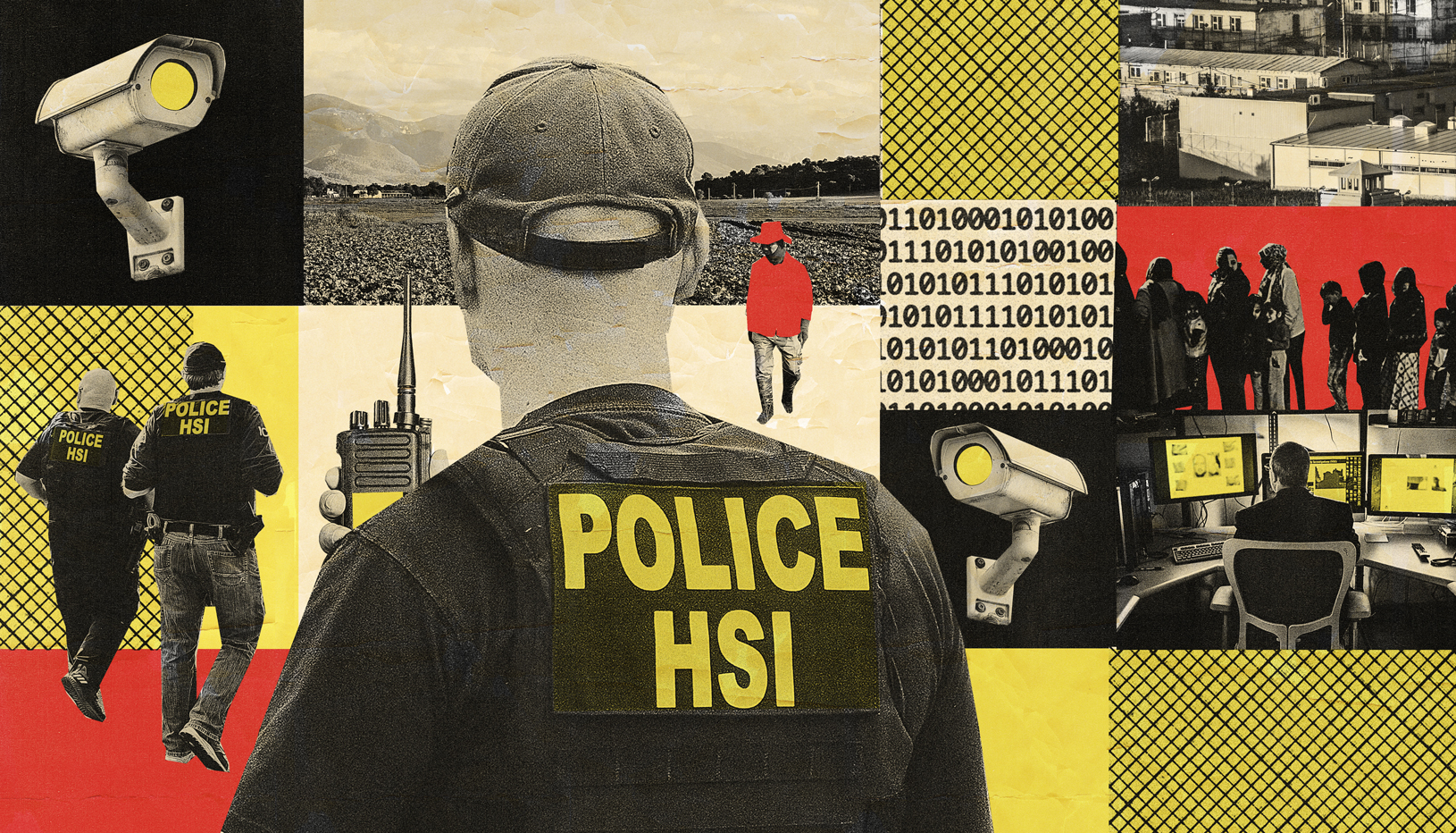The Department of Homeland Security (DHS) touches the lives of all Americans — U.S. citizens and lawful permanent residents — who board a plane, cross the border into Canada or Mexico, or seek a visa for a loved one to visit the United States.footnote1_RF0pvLOCqPWC6hGoJyxvjuvFBln5xm-0DnegujvLzNk_ggiNX0KOVEX71 DHS’s practices also harm those who are not U.S. citizens or lawful permanent residents, but this report’s primary focus is how they affect Americans. DHS is likely the largest single U.S. government consumer — and creator — of detailed, often intimate information about individuals’ lives. It stores the data it amasses in vast, interlocking databases to be recycled for purposes far beyond those for which it is initially collected.footnote2_7egZv3yjPZGvfk4F53puzYSWbf5YArZUptspsscsc_yKPKCqt606HF2 See, e.g., National Immigration Law Center, Homeland Advanced Recognition Technology (HART): DHS Is Building a Massive Database of Personal Information, November 16, 2021, https://www.nilc.org/wp-content/uploads/2021/12/HART-factsheet-2021–11–10.pdf; and Mizue Aizeki and Paromita Shah, HART Attack: How DHS’s Massive Biometrics Database Will Supercharge Surveillance and Threaten Rights, Immigrant Defense Project, Just Futures Law, and Mijente, May 2022, https://static1.squarespace.com/static/62c3198c117dd661bd99eb3a/t/635c0b2b52d90a16d78ba2dd/1666976559030/HART+Attack.pdf. The systems that house and analyze this data largely determine who is allowed to travel into and out of the country and how they are treated when they arrive.
This report addresses two categories of screening, vetting, and risk assessment efforts.footnote3_uZTttCNacpsI5Kph8dMZy41DTT9AddU9g3I8l4VLVs_uVcy0EyBrw8Z3 “‘Screening’ is an automated query of . . . data points,” such as personally identifiable information, against government databases to “identify possible matches to derogatory information. ‘Vetting’ is a manual review of potential derogatory information identified in the screening.” Office of Inspector General (hereinafter OIG), ICE and CBP Should Improve Visa Security Program Screening and Vetting Operations, Department of Homeland Security (hereinafter DHS), September 16, 2022, 2n1, https://www.oig.dhs.gov/sites/default/files/assets/2022–09/OIG-22–70-Sep22.pdf. The first comprises programs that check travelers against watch lists and other databases of individualized, assertedly derogatory information.footnote4_2WSfZDN74kPOkuP60a-tnRLBmOO1T8TSnFQpYKL0n7c_uE1PG5DKXCZs4 DHS conducts other types of individualized checks as well. As a former DHS official explained, “DHS can determine whether the address listed on a form [such as a customs declaration] is also listed by a known or suspected malefactor, or whether the credit card used to purchase a plane ticket was also used to purchase the ticket of a different individual found to be a ‘bad guy.’” Chappell Lawson, “The Trusted and the Targeted: Segmenting Flows by Risk,” in Beyond 9/11: Homeland Security for the Twenty-First Century, ed. Chappell Lawson, Alan Bersin, and Juliette N. Kayyem (Cambridge, MA: MIT Press, 2020), 113. The second consists of programs that identify travel patterns and other behaviors ostensibly related to terrorist or criminal activity and flag for scrutiny individuals whose activity matches those patterns.
Fundamental defects plague each of these types of programs. Vague standards draw in people with no connection to terrorism — overwhelmingly Muslims, people of color, and persons of Middle Eastern and South Asian descent. Records are riddled with factual errors. The programs operate without adequate privacy, civil rights, and civil liberties protections and have been used to target political activities protected by the First Amendment. Compounding these problems, the government’s attempts to assess their efficacy have been superficial at best.
As it enters its third decade, DHS, along with other agencies and Congress, must evaluate how these programs function, determine whether they contribute measurably to national security, reckon with their effects on marginalized communities, tailor them to meet objective standards, and demonstrate empirical proof of success commensurate with the resources poured into them. Otherwise, they will continue to operate in a faulty and discriminatory manner that undermines core American values, with scant evidence that they contribute substantially to national security.











